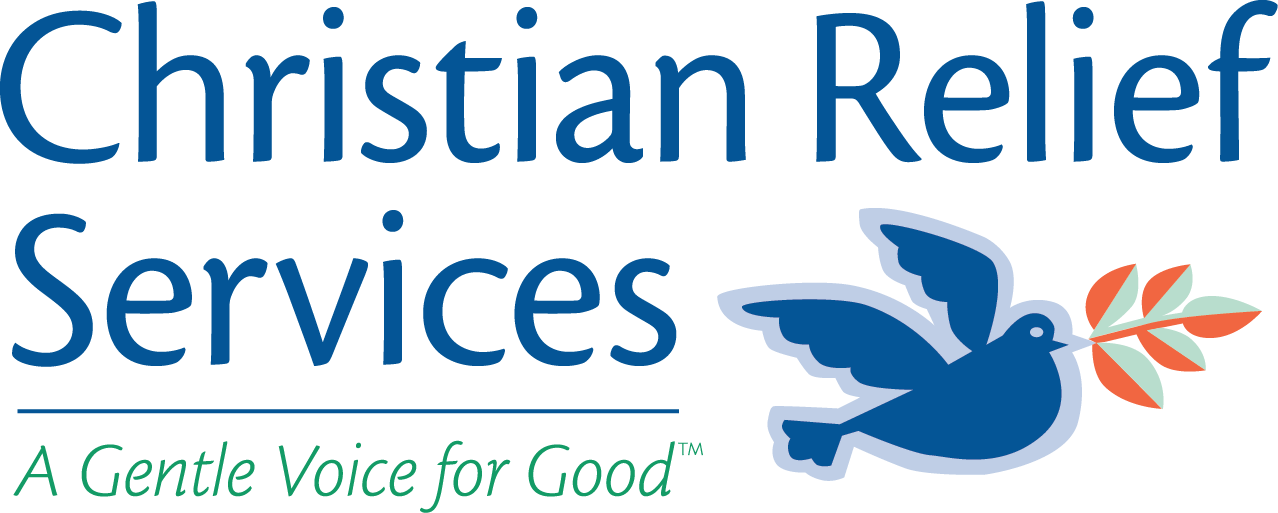Mighty Molars Dental Kits for 3,000 Kids in Need
As directors of the Center for Oral Health Research in Appalachia, Daniel McNeil, a clinical professor emeritus of dental public health at West Virginia University, and Mary Marazita, a professor of oral biology at the University of Pittsburg, “we know firsthand that inequities exist when it comes to oral health, including in children,” they stated in an October 2022 report on poor oral health in America’s children, “especially in Appalachia.”
For example, “Appalachia – which stretches from the northern part of Mississippi, Alabama and Georgia up through the southern part of New York and includes all of West Virginia – has greatest burdens of oral health problems per person in the U.S,” they stated.
“Tooth decay affects children all across the U.S., but far too little attention is paid to how preventable and treatable it is. Cavities, or caries, are the most common chronic disease in kids – five times more common than asthmas and seven times more common than environmental allergies, despite being preventable.”
And they report, “More than 40 percent of children have tooth decay when they start kindergarten.”
McNeil and Marazita note that “people who have less formal education or lower incomes, marginalized ethnic and racial groups and those living in more rural areas, such as Appalachia, tend to have more oral health problems than others, and at younger ages.
“The greater prevalence of childhood tooth decay in specific populations is not only an equity but also a serious public health problem.
“Oral health in kids is a reflection of their overall health.”
The researchers, who both receive funding from the National Institutes of Health, including the National Institute of Dental and Craniofacial Research, point out that “dental problems in kids can lead to missed school, pain and embarrassment about visible decay, and missing or crooked teeth.
“Teeth and gums are critical for speaking, eating, development and appearance. They affect social functioning and one’s enjoyment of food. Kids’ dental problems affect their parents, too, as they can result in parents’ unexpectedly missing work to bring their child to the dentist.”
They also note that it’s a common misconception that consuming sugary foods and beverages is the only cause of tooth decay. While that is undoubtably a problem, there’s much more to good oral health.
“It includes consistent brushing and flossing.”
And that’s where Americans Helping Americans® comes in.
For many families in the distressed Appalachian communities where we work, toothbrushes, toothpaste and dental floss are an unaffordable “luxury” when paying rent and utility bills, along with putting food on the table, must come first.
But through our “Mighty Molars” program, each year thousands of elementary school children receive dental kits containing toothbrushes (both children and adult sizes), a six-month supply of toothpaste and dental floss.
But that’s not all.
“Integrating oral health practices into schools and educational programs is another system-level change that would benefit all children regardless of their family’s socioeconomic status,” the researchers note.
In tandem with providing our partners with the dental kits (3,000 this year) to distribute to children from families in need, they also offer programs, often put on by local dental professionals, to instruct the children how to properly use the “Tools for Teeth” as in many cases these young children have never even consistently brushed their teeth, much less flossed, on a regular basis.
Among our partners who receive hundreds of Mighty Molar kits each year is Big Creek People in Action in economically distressed McDowell County, West Virginia, where there are very few jobs available “so most families are on public assistance, Social Security on unemployment,” says executive director Dyanne Spriggs.
“When families struggle to pay their normal monthly bills, they don’t have the money left to buy their children even a toothbrush and toothpaste,” she tells us.
“Many of their needs – such as dental hygiene items – would be unmet it we didn’t partner with Americans Helping Americans® which is dedicated to helping those in need.”
In July, we heard from Jackie Dent, the secretary of the principal at Friendship Central School in the community of Friendship in Appalachian New York which had received 500 Mighty Molar kits for the first time this year that were distributed to students at the end of the school year.
The response from the children and their parents was overwhelming, or as Jackie put it: “These were a smashing hit!” saying “I want to take a moment to share with you the ‘excitement’ surrounding the amazing dental kits you sent the community.
“At the end of the assembly, every student received a dental kit that you graciously sent to us,” she reported.
Jackie admitted being “pleasantly surprised” by the school community’s reaction to the dental kits and commented, “Honestly, this is not something I had ever thought about.
“It did not occur to me that this is really a need… and to the extent that people have responded.”
It’s this sentiment we hear from all of our partners which distribute the dental kits in their communities.
And as for McNeil and Marazita, they concluded their report with these telling words:
“Oral health is a critical factor in a person’s overall health. Teaching kids this early can help them develop a healthy smile and care for their pearly whites throughout their lives.”
